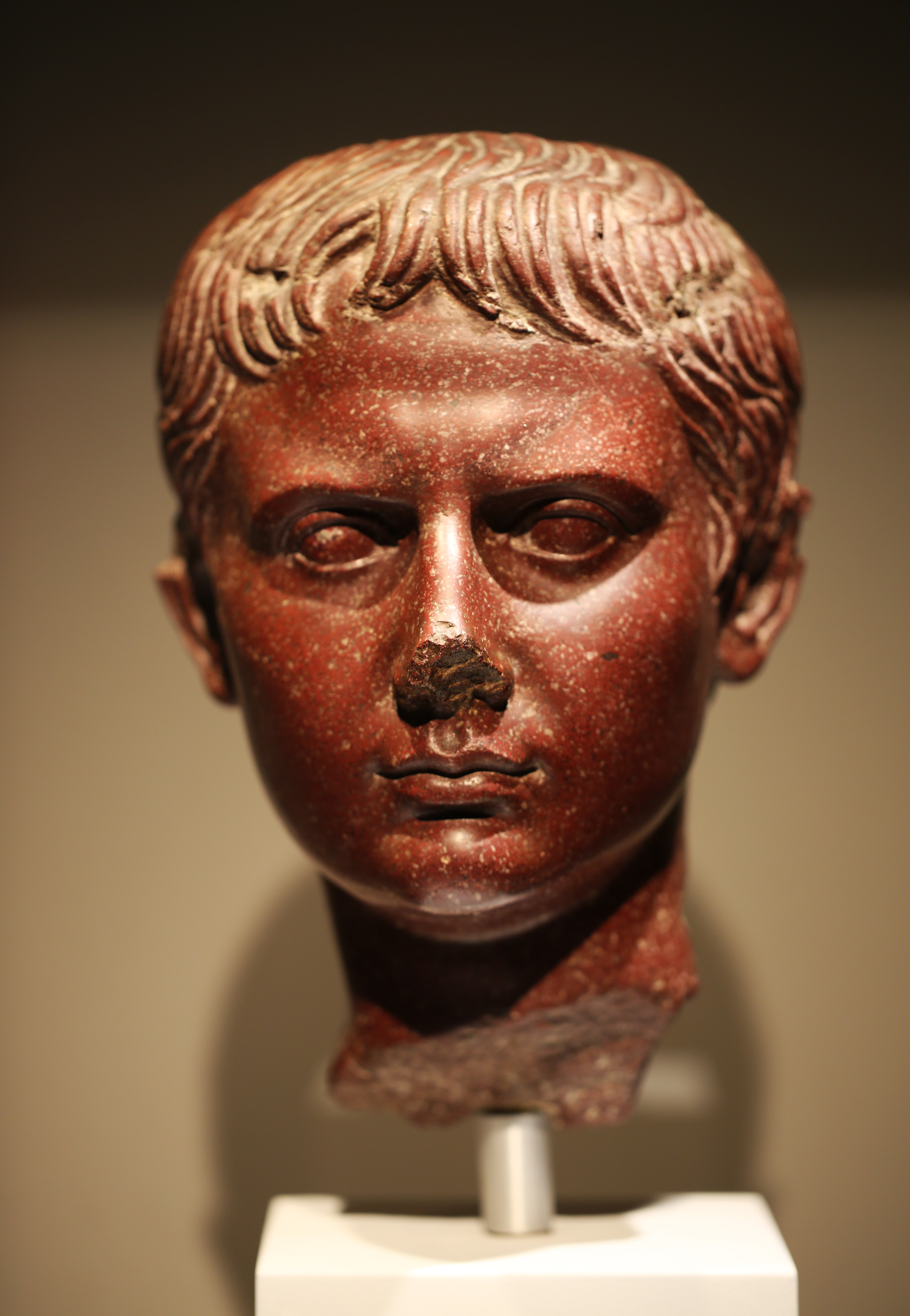 |
| Gaius "Babyface" Caesar... either an Emperor or a 1930s gangster, I dunno. |
Almost from the start of his reign as the Princeps, Gaius groomed his sons to succeed him: the eldest served on the border of Germania, while the youngest served in his father's old position in the East facing the Parthians. In Rome, Gaius continued Augustus' work, centralizing the state under his control. The Senate, while it's old prestige and power had waned, began to be revitalized as an advisory council and was allowed, within reason, to propose laws and vote on them. However, Gaius' approval was still needed, and if he dismissed or publically disagreed with the law, it would fail.
However, there was one problem Gaius was unable to tackle, and that was how to continue the growth and prosperity of the Empire. For decades, the conquests of foreign lands had brought in the wealth and resources needed to make Rome the Capital of the World. But even with the capture of Germania, which was mostly wild and untamed, with few settlements, no mines or farms, the question of how much further the empire could continue was left in the air at Gaius' death in 53 AD.
The succession of Gaius' son's was peaceful, but there was an undercurrent of concern. The speed of building had slowed, and military victories were few except against dissatisfied rebels or the ever present Armenian question. The lustre of the Principate was beginning to wear thin as the son's began to exert more overt authority that their grandfather and father never did, and senators, who had been sidelined for decades, longed to return to influence and power. Some began to plot, while others sought to rise to the Principate, and some few even thought that the legal fiction of the Principate should be totally replaced with monarchy. Soon cracks began to grow, as the son's began to be surrounded by opposing camps, and their influence began to tear them apart.
 |
| When in Rome, do as the Romans due: stab possible tyrants on the floor of the Senate |
By 59 AD, the split had become irreversible, and Civil War soon broke out again. But this time, there was no strong ruler to unify the widespread lands, and soon the Roman Empire began to fracture: Gaul and Hispania became the home of one of Gaius' sons; Africa, Syria and Egypt the other, while Italy, Illyria, and Greece became home to a new Roman Republic. The fighting between these three nations and their ill-defined borders would continue for decades, but never again would the whole old Roman Empire of Augustus be reformed. The empire he established, with it's complex legal and political machinations to maintain the illusion of the Republic that Augustus had created, collapsed when the ambitions and follies of men became too much. By 100 AD, the Roman Empire was gone, replaced by many smaller, bickering states that once were unified but had drifted apart.
But what do you think? What would have had happened had Augustus' chosen successor succeeded him? If you have a comment or a suggestion, leave a comment below, email me at tbguy1992@gmail.com or look for me on Twitter, @tbguy1992.
No comments:
Post a Comment